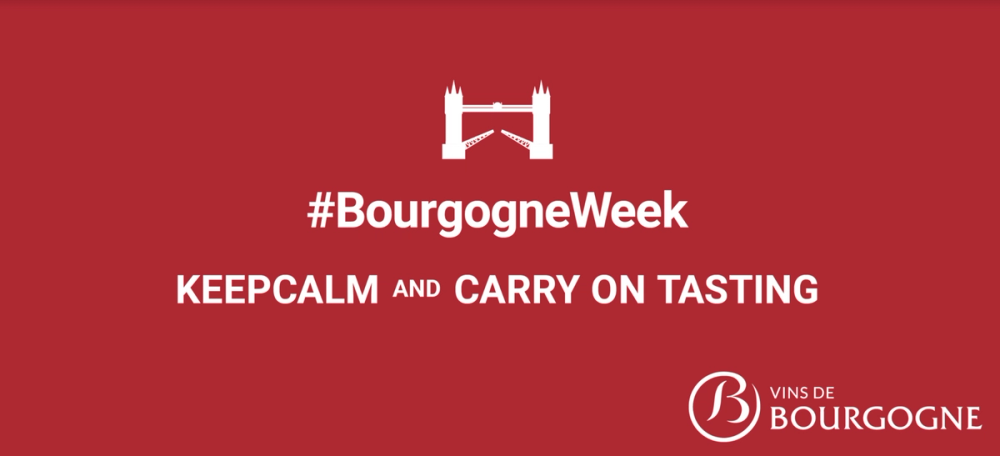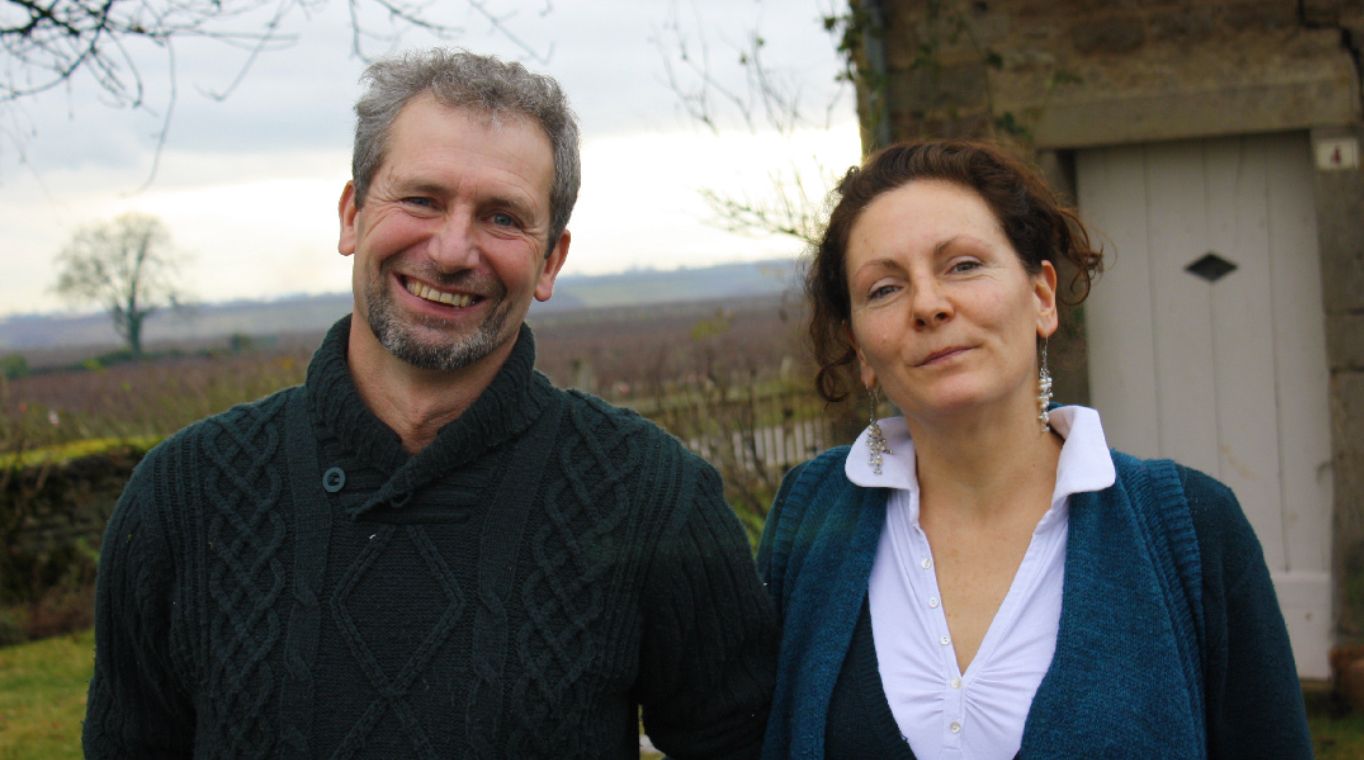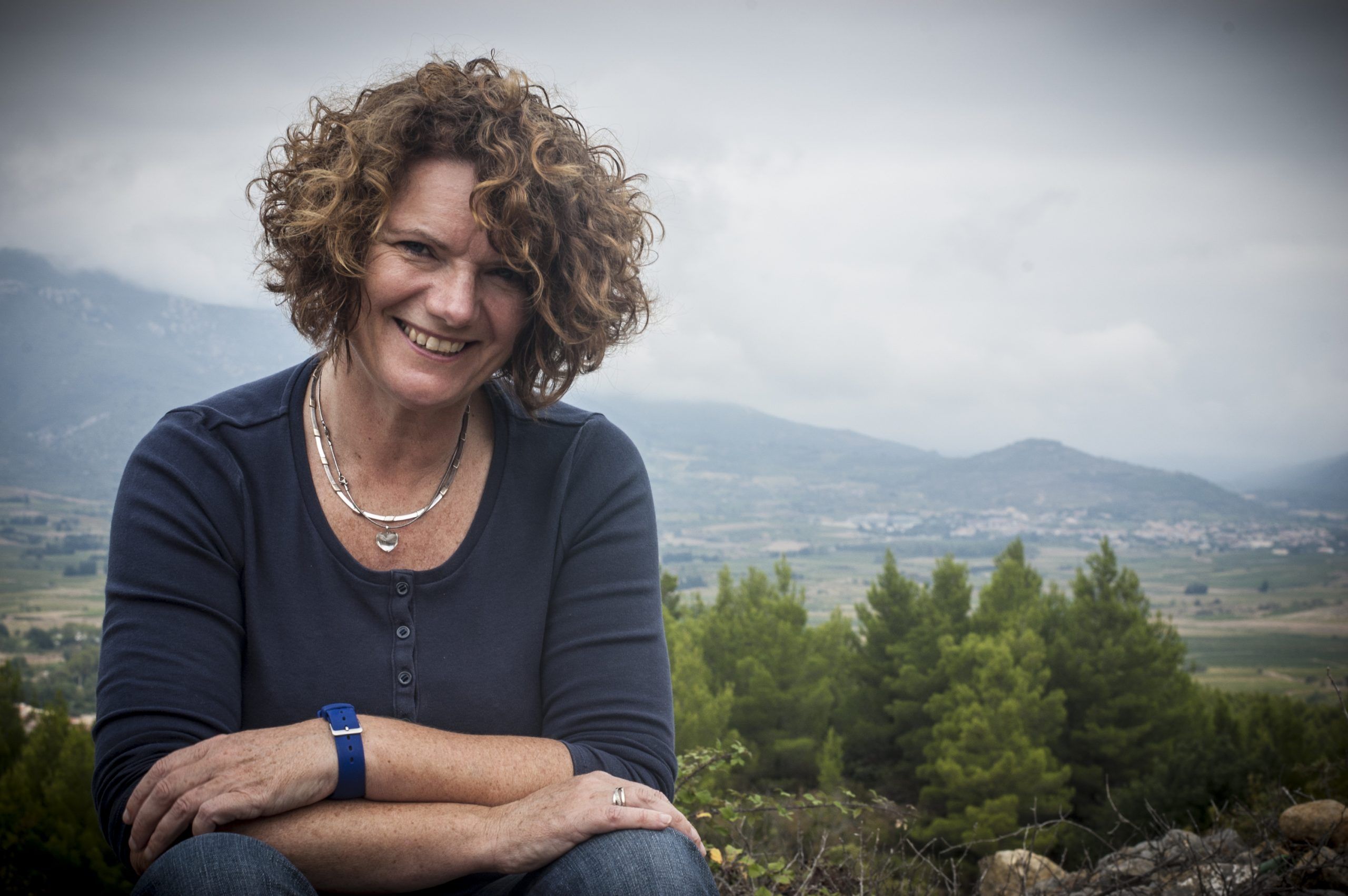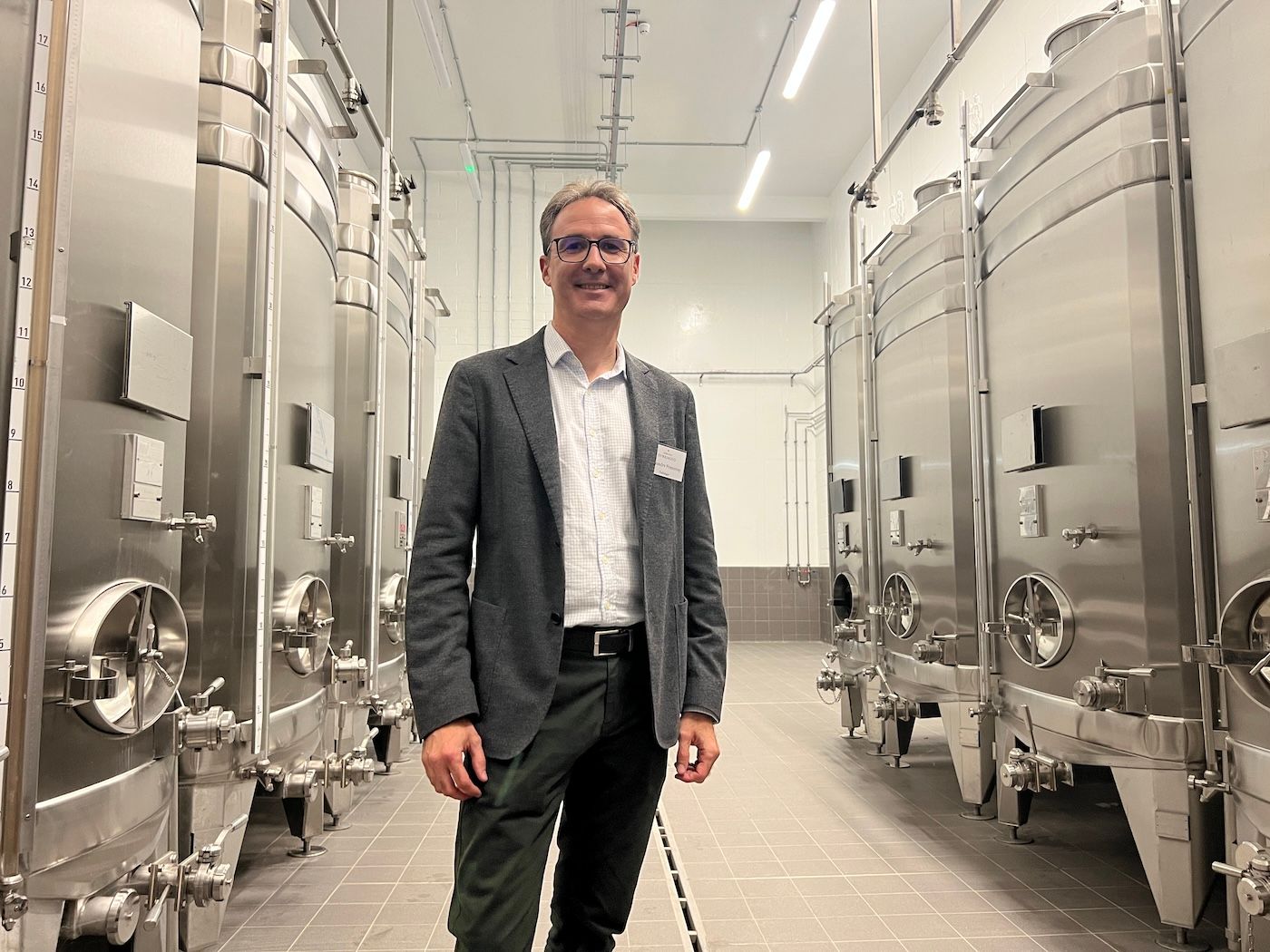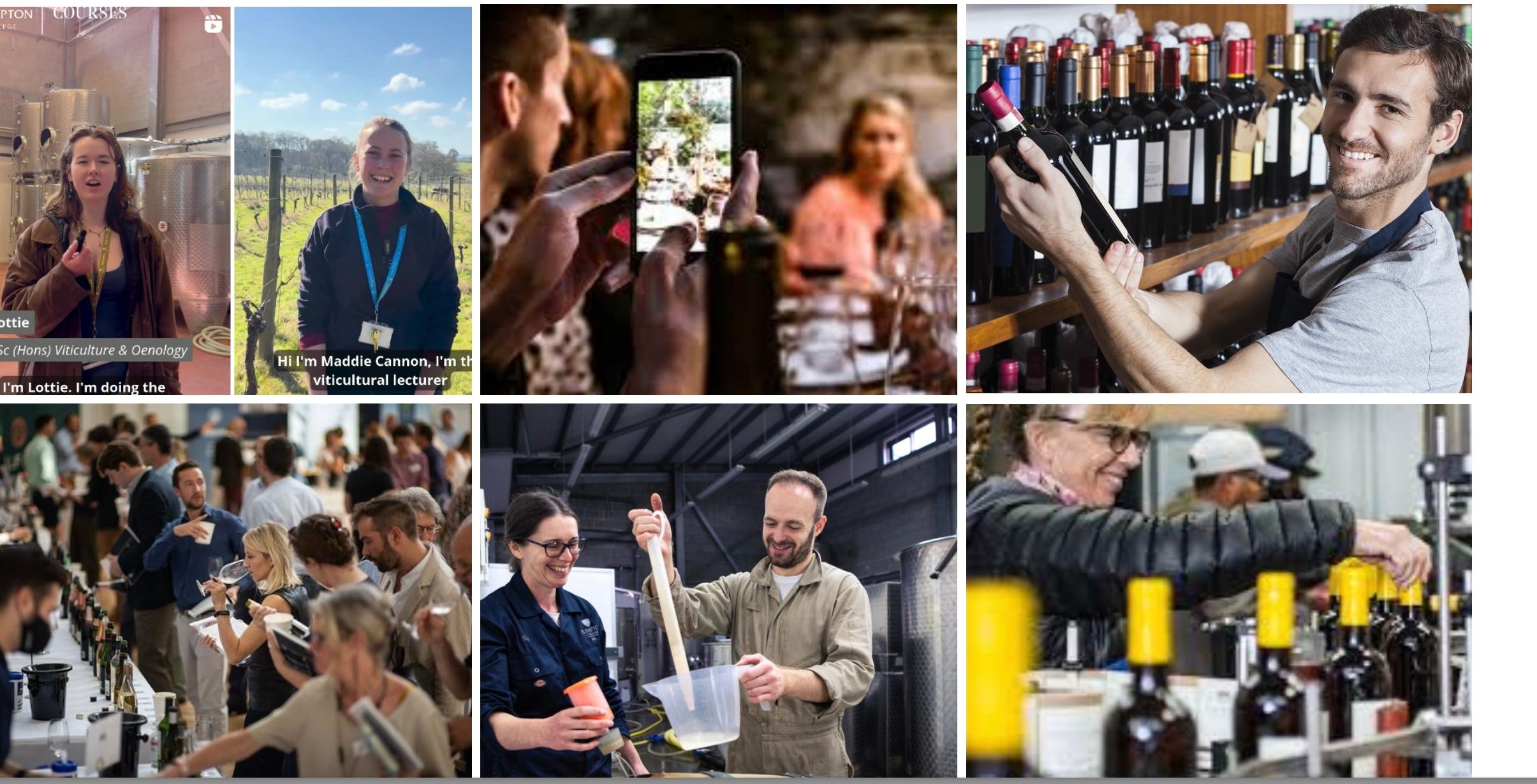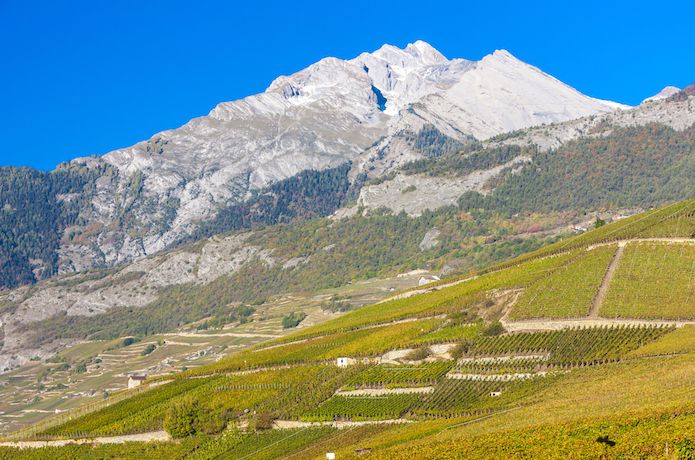Berry Bros & Rudd and Simon Follin-Arbelet, winemaker at Domaine Follin-Arbelet, are united in their excitement for the 2020 Bourgogne vintage and what it offers both trade and private customers. To follow all the activity and what is taking place during #BourgogneWeek go to the Bourgogne Wines website here.
When it comes to assessing, deliberating and ultimately judging any new classic wine vintage from the world, then a lot rests on the views of the buying team at Berry Bros & Rudd. So it will put a lot of minds to rest to know the Berry Bros’ verdict on the 2020 Bourgogne vintage is “excellent”.
Here we delve a little deeper to determine what influence Bourgogne has on the UK’s oldest wine merchant, just why the 2020 vintage is so important and what it means for its buying team to be working with such a prestigious producer as Domaine Follin-Arbelet.
Berry Bros & Rudd
Adam Bruntlett, senior buyer
How important is Bourgogne to your overall business?
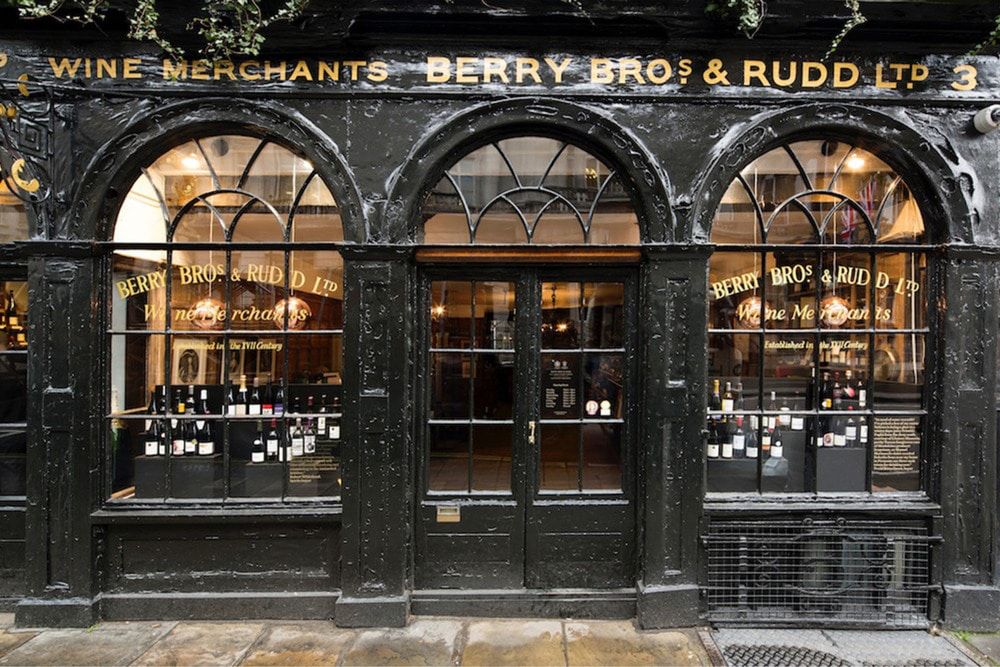
January Bourgogne’s en primeur offer is a key part of Berry Bros’ annual business
Bourgogne is hugely important to our overall business, as one of our two main specialist regions alongside Bordeaux. The annual en primeur offer we run in January is one of the highlights of the year for us, and we see strong demand for Bourgogne wines through the year for both collecting and immediate drinking.
Has that significance grown in recent years and if so how and why?
Interest and significance have grown in recent years and continue to do so. While there is huge demand for the top names, what has been striking in the past two or three years is the willingness of customers to look beyond established domaines and regions. There is now much greater demand for less well-known Village AOCs and areas, and savvy customers understand that there is great value to be found in conscientious producers working in areas outside of the big-name villages. This is partly driven by scarcity of the top wines, and also by price rises, but the average level of quality in Bourgogne has never been better, so there is less risk in trying unknown wines, particularly if they have been carefully chosen by BB&R.
Why do you think Bourgogne still offers such a draw to UK buyers and consumers?
Without wanting to make sweeping generalisations, I think that stylistically Bourgogne wines appeal to UK palates; typically, our clients enjoy wines with high acidity and modest alcohol. These tastes may have changed a little, and so has the style of Bourgogne in recent, warmer vintages, but it still mostly rings true. I think UK consumers also enjoy the detail and diversity involved in buying Bourgogne. It is a region with so many idiosyncrasies and such a rich history, and that appeals to the academic side of UK fine wine consumers.
I also think the personal aspect of Bourgogne wines is a big draw – most of our suppliers are small, family-run estates, and consumers appreciate that traceability and personal touch and connection with the person who works the vineyards and makes the wines.
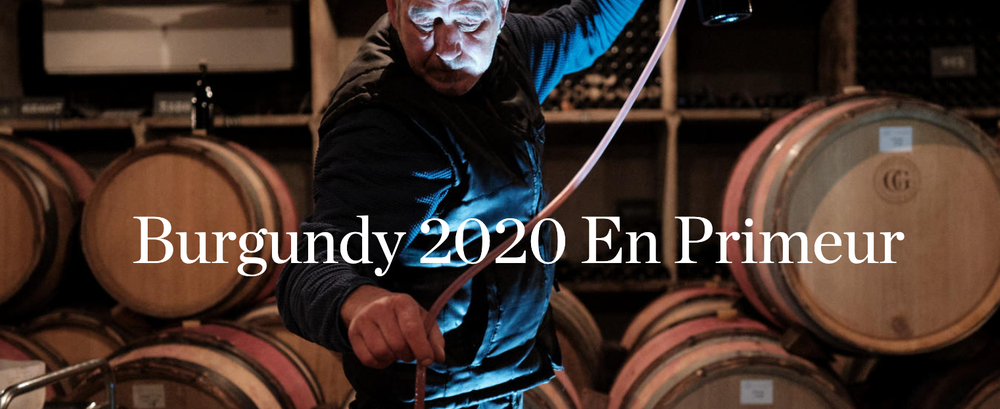
Berry Bros & Rudd is currently pushing its en primeur campaign to its customers on its website
What do you think of the 2020 vintage in terms of quality, style and selling to the trade?
2020 is an excellent vintage, a real surprise given the warm, sunny and dry year and the early harvest. The whites and reds are both really fresh and should age very well. The white wines are perhaps more a touch classical than the reds, but there is no lack of acidity in either colour and they should have broad appeal. Both will probably need a few years to show at their best, so we will be focusing on selling 2018 whites and 2017 reds to the restaurant trade, along with older vintages.
What do you think your restaurant and merchant customers most want from Bourgogne – has that changed in recent years?
As prices have risen and the big names have become harder to acquire, there has been a move towards more affordable options in order to maintain key price points. Many of our by-the-glass listings are now typically for Maranges, Marsannay, Santenay, Montagny or Bourgogne Hautes Côtes de Nuits or de Beaune, whereas in the past they may have been Puligny, Volnay or Gevrey.
You are working with the Domaine Follin-Arbelet producer from Aloxe-Corton appellation. Why did you want to have wines from that particular appellation?
As a Bourgogne specialist, it’s important that we cover all of the major appellations. We have worked with Follin-Arbelet for many years, since Franck set up the domaine in 1993. Aloxe-Corton continues to offer good value for money to customers who are prepared to look beyond the big names, and we feel that Follin-Arbelet the best domaine in the village, making elegant, sophisticated wines in what is often thought of as a “rustic” appellation.
What do you see as the key characteristics of that appellation?
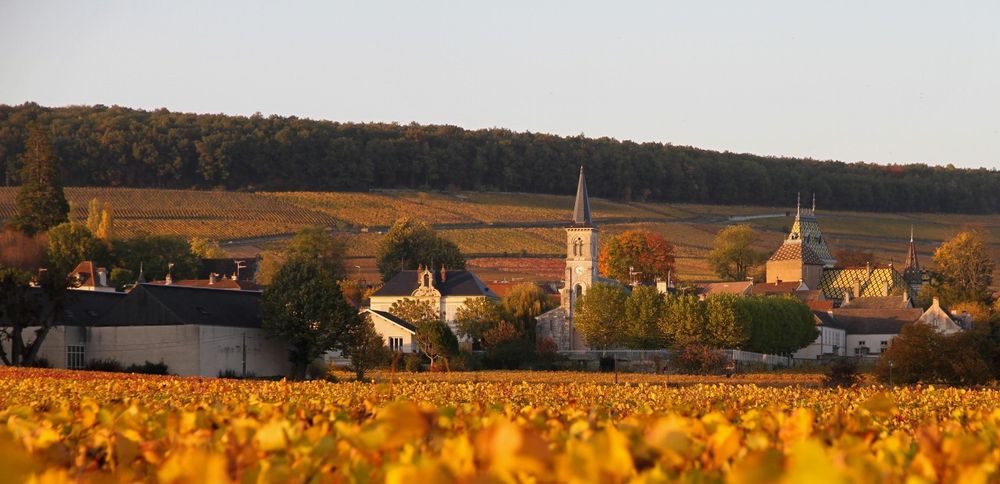
The Aloxe-Corton appellation has become increasingly more important to major Bourgogne suppliers like Berry Bros & Rudd as it offers something new, different but with excellent quality and choice
Historically the wines of Aloxe-Corton were considered to be quite rustic and structured. However, climate change has turned the deep, cool soils into a positive and – along with more careful winemaking – softened the tannins. At Village-level the wines can now be quite accessible when young, and the Village Premier Crus can age very well indeed.
Why did you want to work with Domaine Follin-Arbelet producer in particular?
They are conscientious and quality-focused; the vineyard work is organic and Simon has recently begun the certification process. Stylistically they are elegant and sophisticated wines that do not conform to the stereotype of structured, powerful wines.
What opportunities do you see for Bourgogne’s lesser-known appellations?
As demand continues to grow for Bourgogne wines and prices continue to rise, there will be more and more opportunities for the lesser-known appellations of Bourgogne. Customers are becoming more open to trying them and reputations are growing in certain villages and for certain domaines, to the extent that some now have to be sold on allocation.
Any particular hidden gems you think we should be aware of and why?
Domaine Denis Carré in Meloisey, in the Hautes Côtes de Beaune is one of my favourite domaines. The wines are just pure pleasure and Martial and Gaëtane Carré are so friendly and down-to-earth.
Domaine Follin-Arbelet
Simon Follin-Arbelet, winemaker
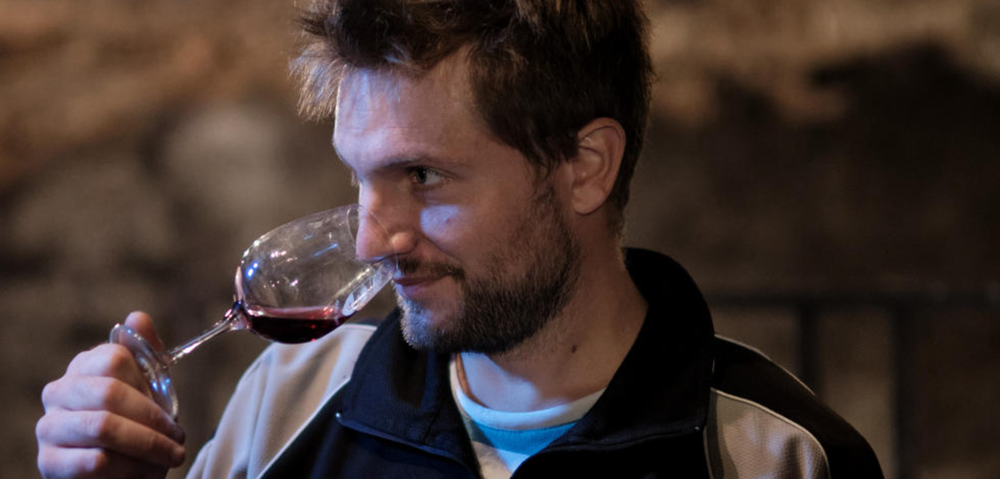
Simon Follet-Arbelet has now done five vintages at his family’s Domaine Follin-Arbelet by the age of 32
Aloxe-Corton (Domaine Follin-Arbelet) to The Buyer
Can you tell us some history and key points about your winery?
The domaine was founded in 1998, when my father, Franck, decided to start growing vines, which he had wanted to do from an early age. He began with a small plot in the village of Aloxe–Corton, and went on to manage two plots of Aloxe–Corton Premier Cru in 1993. By this point it became a full-time occupation. The domaine has since expanded, and we currently manage a little more than four hectares of vines, mainly in Aloxe–Corton and Pernand–Vergelesses. We are currently going through a period of transition, as having worked at the domaine with my father since 2017, I am soon due to take over the reins.
What are the main styles of wine you produce?
Our wines are very classic in style. We try to make the most of the magnificent terroir we are fortunate enough to work with, focusing our efforts on work in the vines, and keeping the winemaking process as simple as possible.
You produce wine from Aloxe-Corton. What do you think makes this appellation so different and unique?
Aloxe-Corton is a stunning place to make wine, located between Côte de Beaune and Côte de Nuits. Though each vintage is unique, given the terroir, we can generally create intense, generous and well-structured wines, with good ageing potential.
Has the way you make this wine changed in the last 10-15 years, and if so, how?
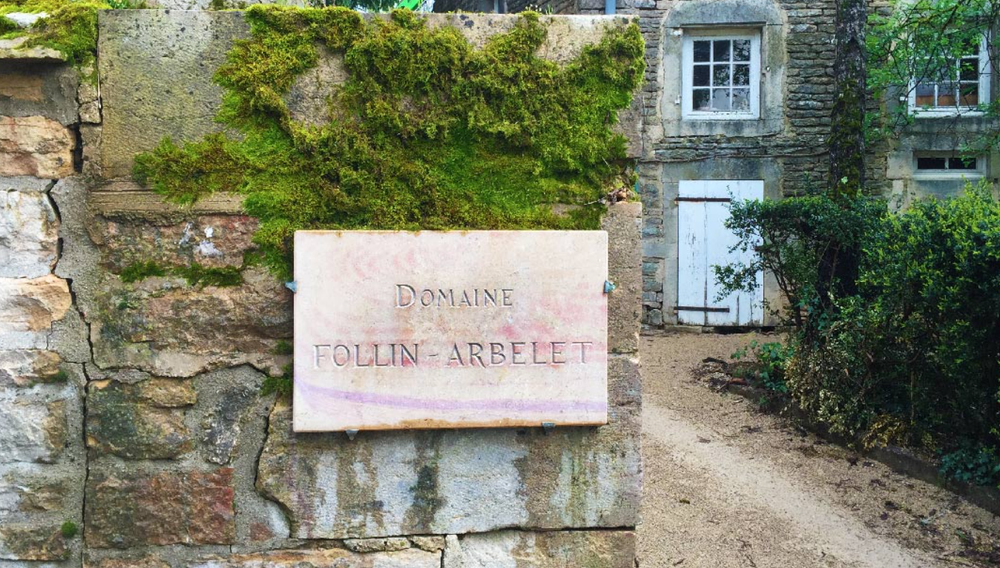
Domaine Follet-Arbelet is helping to shine the light on Aloxe-Corton appellation
The climate is getting hotter, and we have to adapt to these changes. In the 80s and 90s, the grapes would sometimes struggle to ripen, but now we have to adapt our work to retain the freshness and acidity levels. Harvesting is getting earlier and earlier, and we avoid picking in the heat. We try to extract less when vinifying. I believe that long ageing in our cool cellars is important for the wines to retain their freshness.
How do you see the 2020 vintage in terms of quality and style?
2020 is an exceptional vintage, with unprecedented climatic conditions ranging from drought to heatwave, while breaking the 2003 record for the earliest harvest recorded.
The 2020 wines are rich and powerful, while good acidity gives really appealing balance on the palate. It’s a classic example of a successful ‘hot vintage’.
How was the 2021 vintage for you in terms of volume – were you impacted by the early April frost, and will you have enough supply for your export customers?
For the 2021 vintage, with the same approach as usual, we pruned in two stages – initial pruning in December and January, followed by a final prune at the end of March. This slightly delays the growing season for the vine, since the majority of the buds are later emerging and are still ‘warm’ and protected when the frost is at its most dangerous. We saw some damage in the whites, which are earlier, but losses were kept to a minimum. It was much worse in 2016. So, we should be able to satisfy customer demand for 2021.
What steps are you taking to be more sustainable and tackle climate change?
The domaine has been pesticide-free since the 90s, and for several years now we have been treating the vines with substances approved within the context of organic viticulture, such as copper and sulphur. Our day-to-day work with the vine relies on phrophylactic management, which allows us to minimise our use of pesticides. So we prefer to use our old equipment, which is still highly functional and not energy-intensive. The tractors we use are much lighter than the latest models, and so don’t compress the soils as much and more energy-efficient.
- You can find our more about Domaine Follin-Arbelet wines through Berry Bros & Rudd here.
- You can follow Bourgogne Week on social media at @BourgogneWines on Twitter and @vinsdebourgogne on Instagram. You can find out more about the Bourgogne Week and what tastings and events are taking place at Bourgogne Wines website here.
